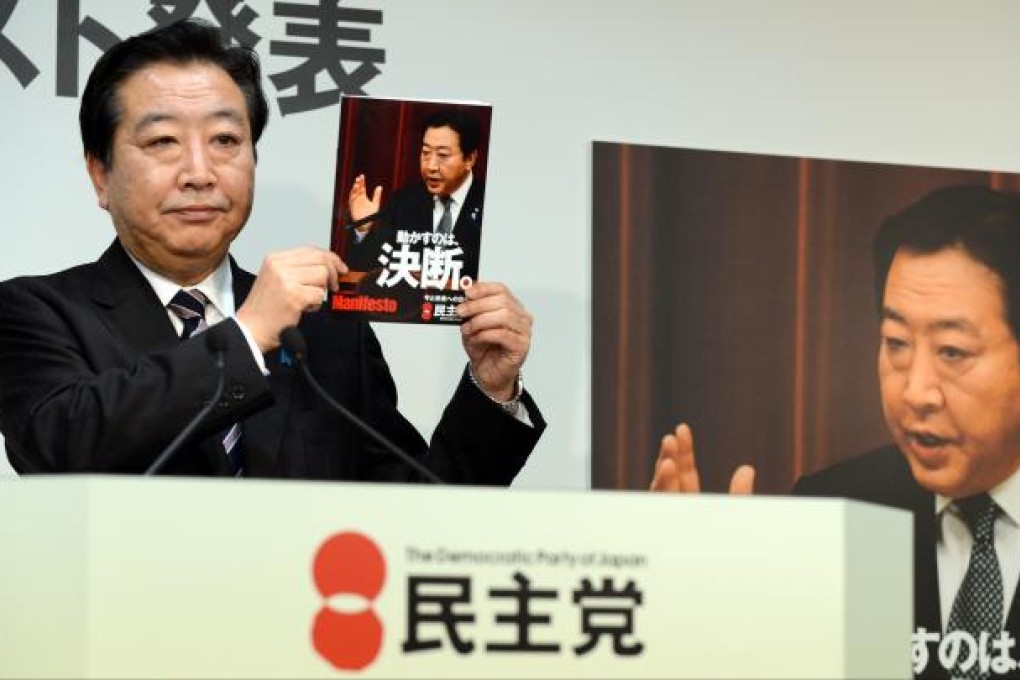Despite flaws, democracy is here to stay
Masayuki Tadokoro says Japan must reaffirm its values, given there's no viable alternative

Japan's post-war democracy has often been termed phoney, a charge arising from the long-maintained single-party rule by the Liberal Democratic Party. Proponents of this argument assert that the absence of "regime change" was attributable to the public's inability to actually elect the government democratically, and underlying this claim is their assertion that Japan's true rulers are privileged bureaucrats who steer the nation out of sight of the Japanese public.
Regardless of how correct this argument might have been, neither of these conditions applies any longer. The LDP's dominance ended in 1993; the Democratic Party of Japan is now the party in power. The prestige of Japan's bureaucrats has been diminished by failures and scandals.
Having won elections on a plank of "political leadership", DPJ administrations have sought to eliminate the influence of bureaucrats in policy proposal/management. This change has been heralded by some people as "the dawn of democracy in Japan", but the reputation of supposedly more democratic Japanese politics has fallen lower than ever.
Public disillusionment with democracy is not, however, limited to Japan. In both the United States and Europe, there is strong discontent. Public sentiment in the West was buoyed by the Arab spring, but it is doubtful that the actual records of the "democratic administrations" that replaced the dictators could be called encouraging at this early point. On the other hand, China and Russia, which were expected to become more respectful of liberal values and international norms, remain authoritarian and are becoming more assertive.
We first should recognise that democracy and good government are not one and the same thing. Politics is a difficult business, even under democracy. We must acknowledge that the rule of law and respect for human rights are not achievable straightaway through a structure of strident expressions of opinion and elections. Furthermore, it is even questionable whether a democratic state is more rational and efficient than an authoritarian state.
Nevertheless, for the people of Japan and other countries with established democracies, there is no conceivable alternative. Given that, it would be preferable that we reaffirm democratic values, faulty though they may be, and intensify our solidarity on safeguarding those values. The Japanese do not vociferously lecture other countries on norms, but they tend to ignore the fact that Japan's relations with countries that are democratic and with those that are not are qualitatively different.